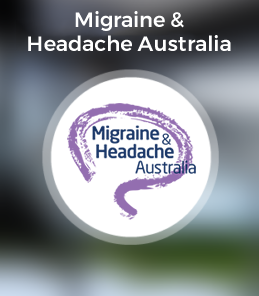Description
Agenesis of the corpus callosum (ACC) is a rare congenital abnormality in which there is a partial or complete absence of the corpus callosum. This is the area of the brain which connects the two cerebral hemispheres.
In most patients, ACC is diagnosed within the first two years of life. It may occur as a severe syndrome in infancy or childhood, as a milder condition in young adults, or as an asymptomatic incidental finding. The first symptoms of ACC are usually seizures, which may be followed by feeding problems and delays in holding the head erect, sitting, standing, and walking. The seizures may be caused by a very common disorder called infantile spasms, which is associated with ACC. There may be impairments in mental and physical development, hand-eye coordination, and visual and auditory memory. Hydrocephalus may also occur. In mild cases, symptoms such as seizures, repetitive speech, or headaches may not appear for years.
ACC may occur as an isolated condition or in combination with other cerebral anomalies including Chiari Malformation and Dandy-Walker syndrome, Andermann syndrome (with progressive neuropathy), schizencephaly, holoprosencephaly, and migrational anomalies. Female children may also have a specific syndrome, called Aicardi syndrome, in which there is severe mental retardation and chorioretinal lacunae (lesions of the retina of the eye), in addition to ACC and infantile spasms.
ACC is also sometimes associated with complex multi-system malformations and with several chromosomal anomalies, including trisomy 13 and 18. There are non-nervous system malformations that may occur both with and without chromosomal aberrations such as midline facial defects.
Treatment
There is no standard course of treatment for ACC. Treatment usually involves management of symptoms such as hydrocephalus and seizures if they occur.
Prognosis
ACC does not cause death in the majority of patients. Although many children with the disorder will lead normal lives and have average intelligence, careful neuropsychological testing reveals subtle differences in higher cortical function compared to individuals of the same age and education without ACC. Children with ACC accompanied by developmental delay and/or seizure disorders should be screened for metabolic disorders. Mental retardation is non-progressive.
Further Information and Support
Click here for the latest Australian research papers on Agenesis Corpus Callosum.
Australian Disorders of the Corpus Callosum (AusDoCC) – AusDoCC supports the individuals, families and caregivers affected by a disorder of the corpus callosum (DCC).
Reviewed by Professor Kathryn North, Head, Neurogenetics Research Unit, Children’s Hospital, Westmead.
DISCLAIMER: The information provided is designed to support, not replace, the relationship that exists between a patient / site visitor and his / her existing health care professionals.





 The Brain Foundation is the largest, independent funder of brain and spinal injury research in Australia. We believe research is the pathway to recovery.
The Brain Foundation is the largest, independent funder of brain and spinal injury research in Australia. We believe research is the pathway to recovery.